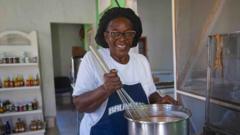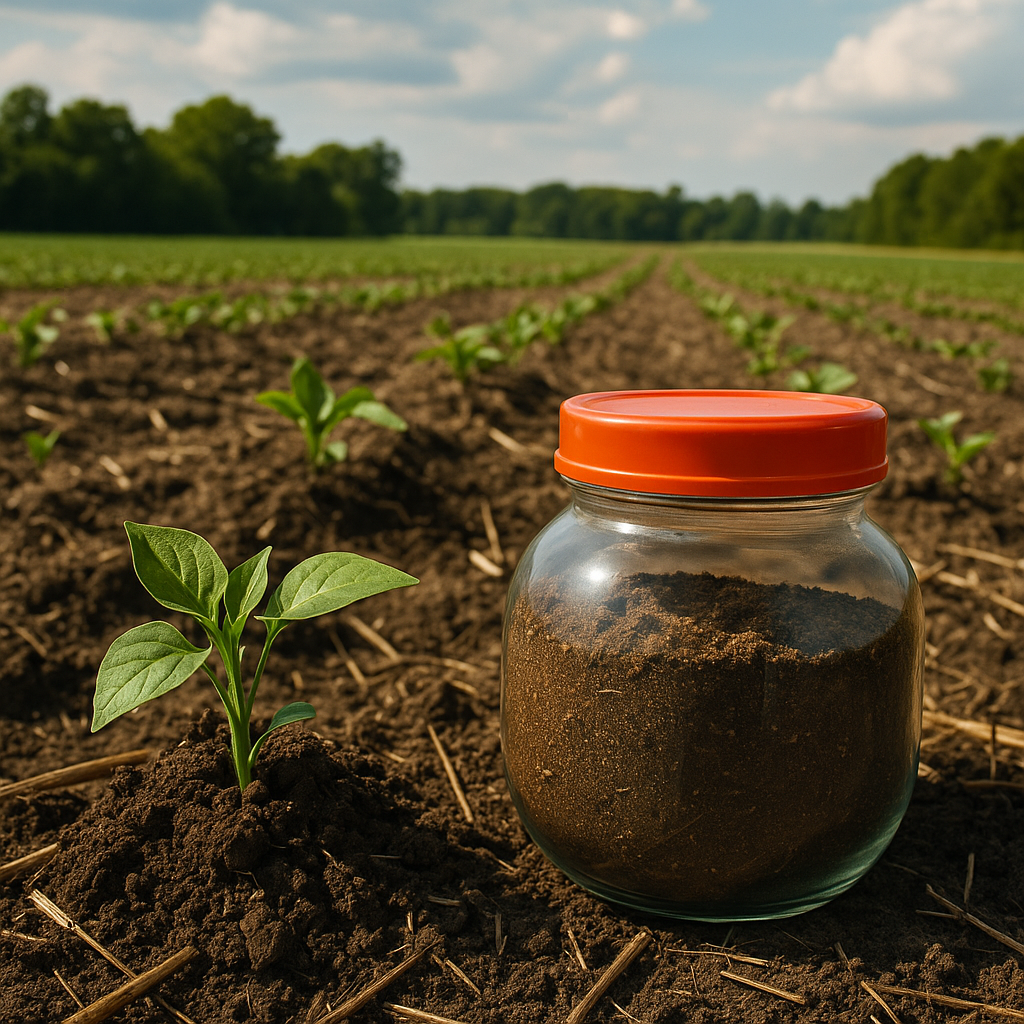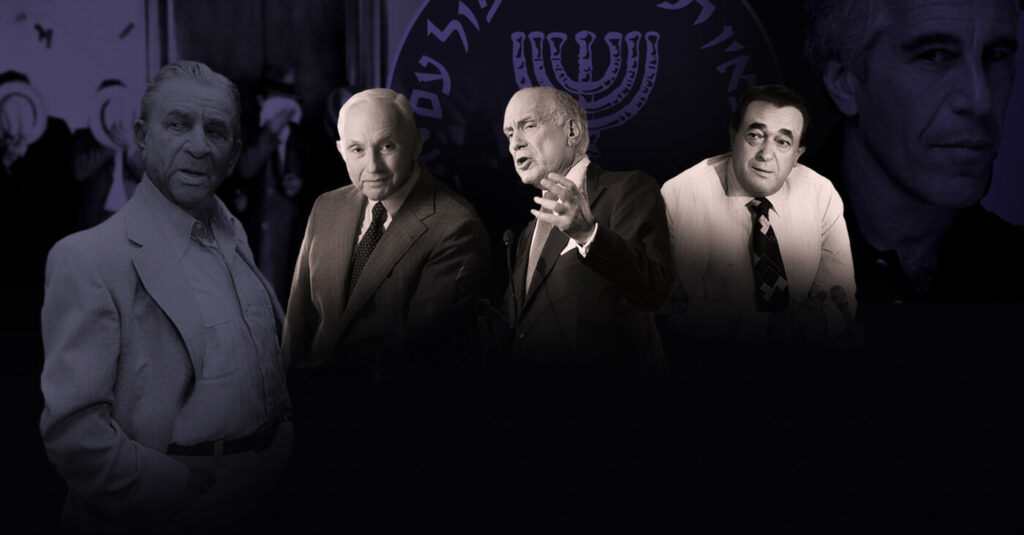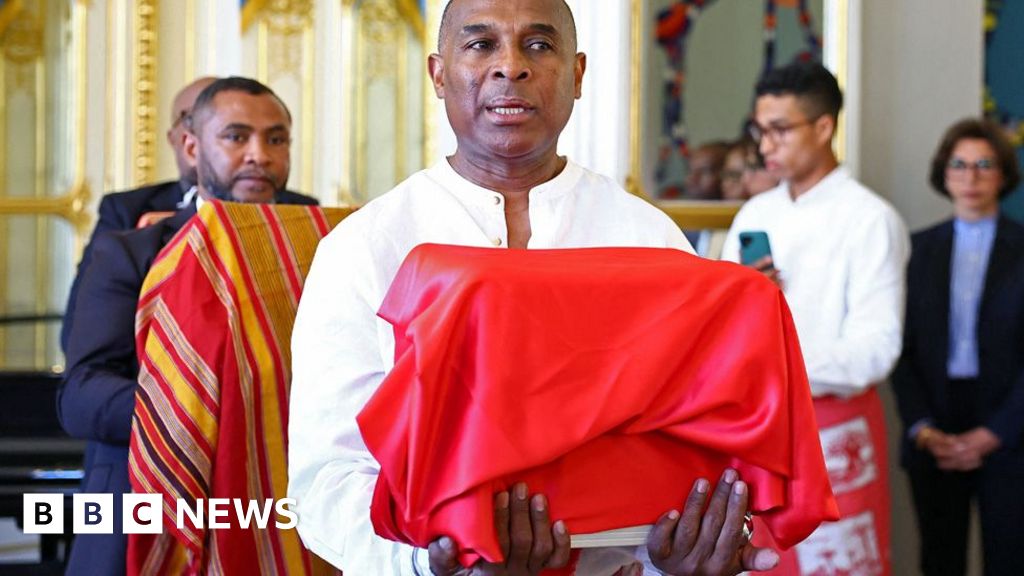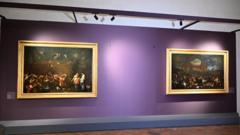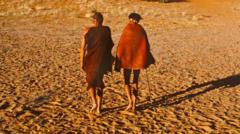In the Caribbean nation of Antigua and Barbuda, the most contentious topic isn't politics or sports, but rather the ingredients of a cherished national dish, "ducana" – a sweet potato and coconut dumpling. The perennial question of whether raisins should grace this iconic pudding has sparked spirited debates among locals for generations.
This flavorful dispute is coinciding with a significant initiative aimed at preserving the cultural heritage of the twin islands. Funded by UNESCO, the project aims to safeguard various elements of Antiguan and Barbudan identity, including traditional foods, unique dialects, bush medicine, crafts, and practices such as boat-building. Dr. Hazra Medica, the project leader, expresses the urgency of this undertaking, citing concerns over the erosion of cultural identity due to external influences and a diminished transmission of knowledge across generations.
A team of specially trained data collectors is busy interviewing residents across the parishes to gather stories, photographs, and information that will be stored in a publicly accessible database. Local author Joy Lawrence is eager to participate, drawing on her background in documenting the island's Creole/English dialect, which is richly infused with African linguistic influences.
"The dialect is our first language," Lawrence emphasizes, asserting its importance in embodying the island's cultural heritage. She elaborates on the unique linguistic characteristics, where direct expressions reflect shared kinship, thereby enriching interpersonal communication in schools and communal gatherings.
Dr. Medica notes that cultural practices are fading partly due to disagreements over traditions. Cooking methods can spark friendly rivalries, as seen with "fungee," a cornmeal dish whose preparation varies between Antiguans and Barbudans. Such divergent practices can intimidate younger generations who may feel pressured to adhere strictly to homegrown standards.
Novella Payne, a local entrepreneur, expertly navigates these culinary waters by honoring traditional recipes while adding contemporary twists. Her emphasis on local medicinal plants in her food products enhances both their health benefits and their cultural significance. She argues for the vital need to preserve Antiguan food culture as an integral part of the shared identity.
On Barbuda, Dwight Benjamin endeavors to keep the art of traditional broom-making alive, a craft passed down from his grandfather. Utilizing sun-dried palm leaves, he creates artisanal products that remain in high demand among locals. Benjamin reflects on the importance of documenting such techniques to ensure their survival for future generations.
Dr. Medica emphasizes that understanding Caribbean culture requires acknowledgment of the historical impact of colonialism and the resilience of African heritage among the islands' inhabitants. This ongoing project stands as both a celebration of cultural identity and a call for acknowledgment and preservation, connecting the past with contemporary experiences.
As discussions around culinary traditions continue, the ducana debate remains a microcosm of a larger conversation about identity and heritage—reminding Antiguan and Barbudan citizens of the richness and complexity of their culture, uniting them in the effort to protect what is distinctly theirs.

